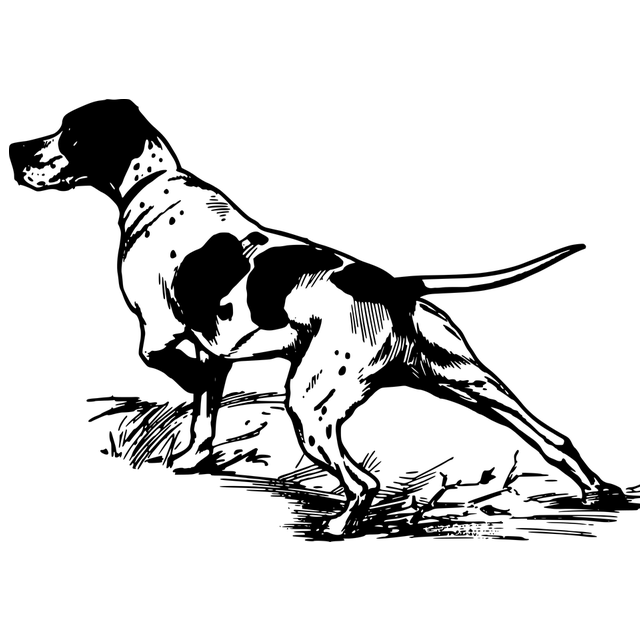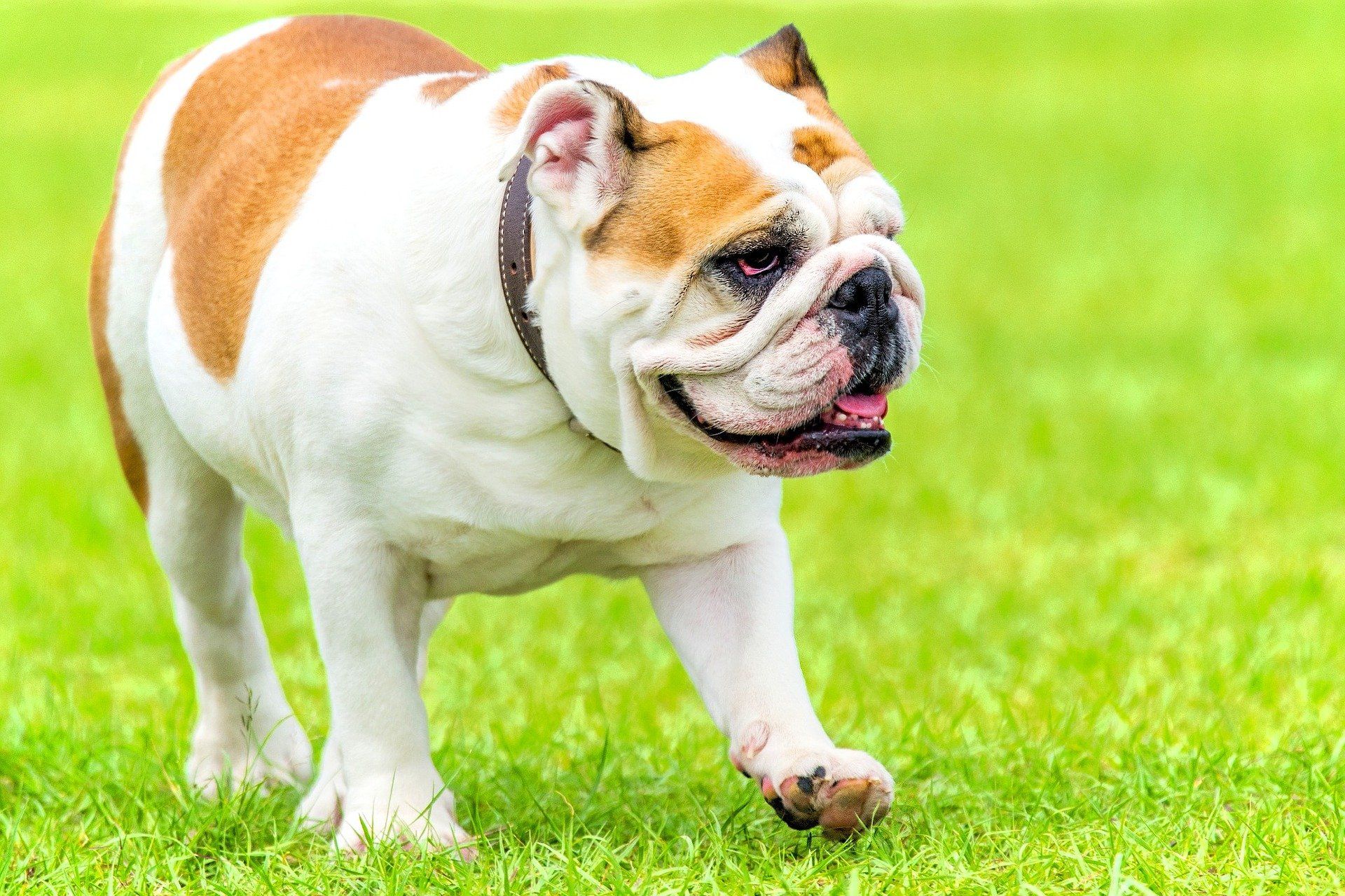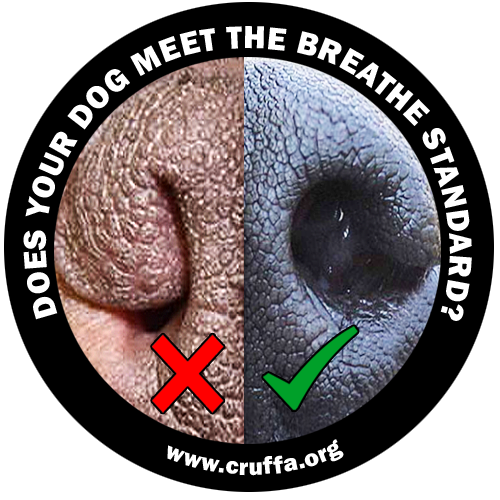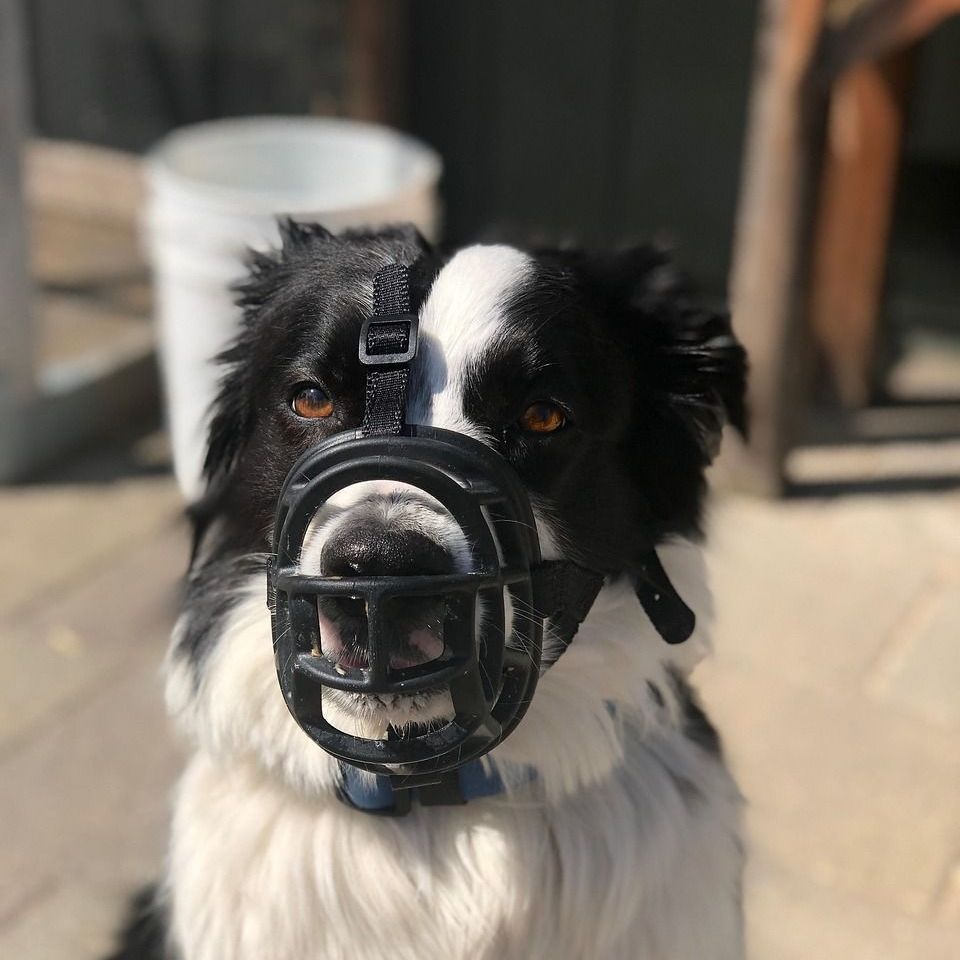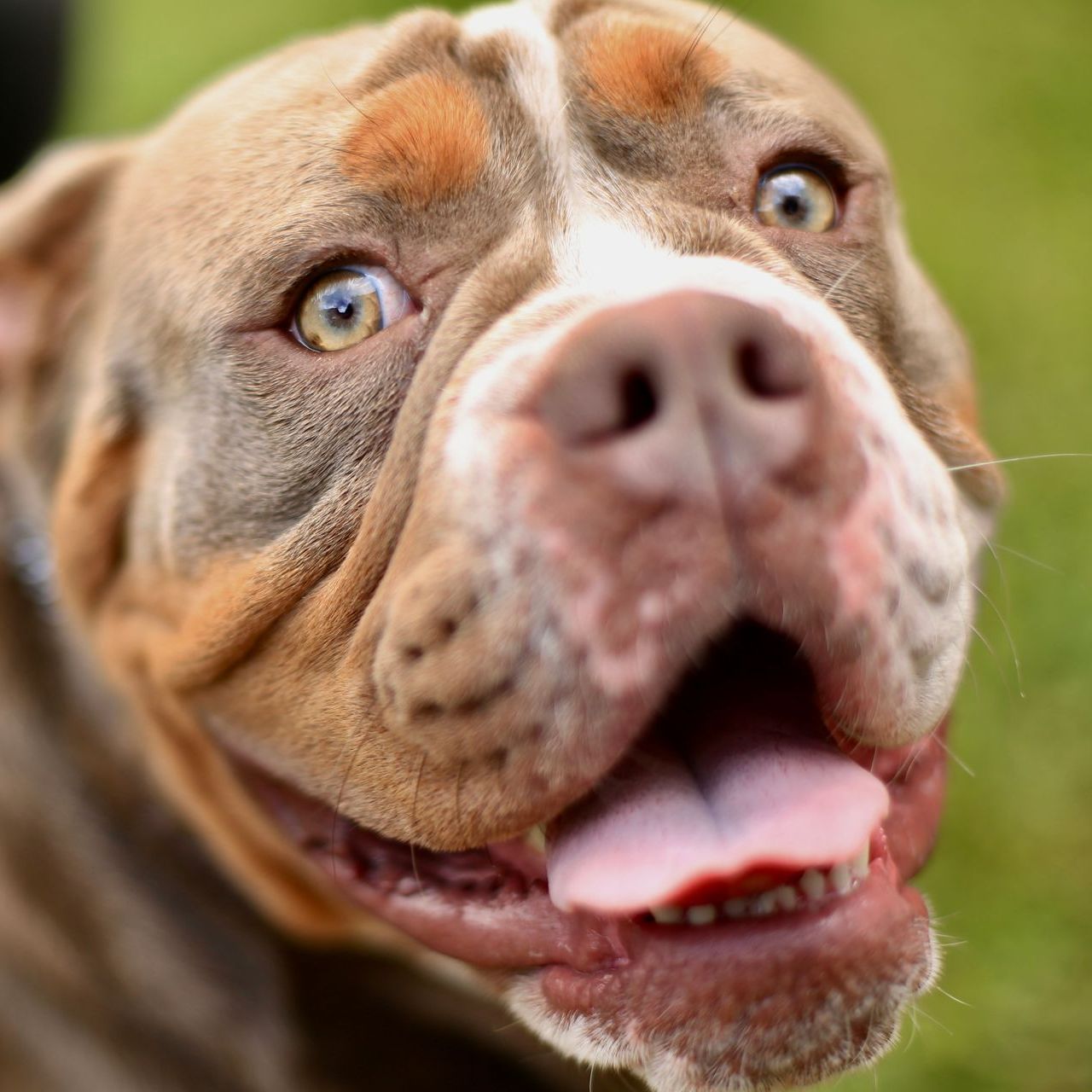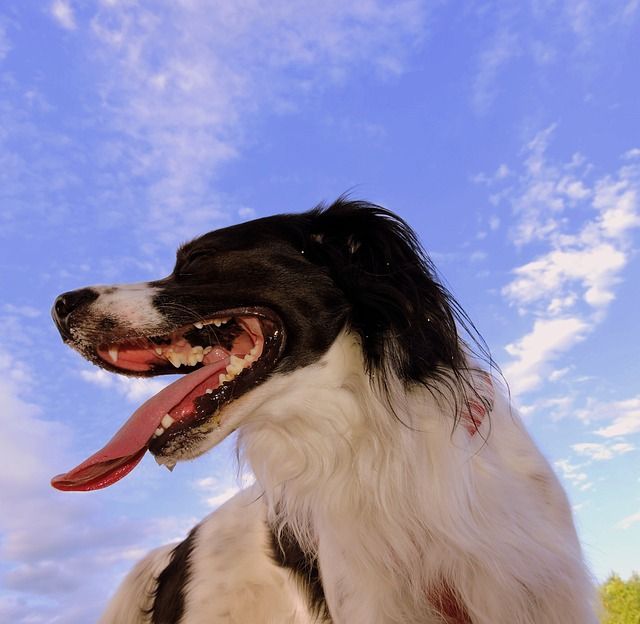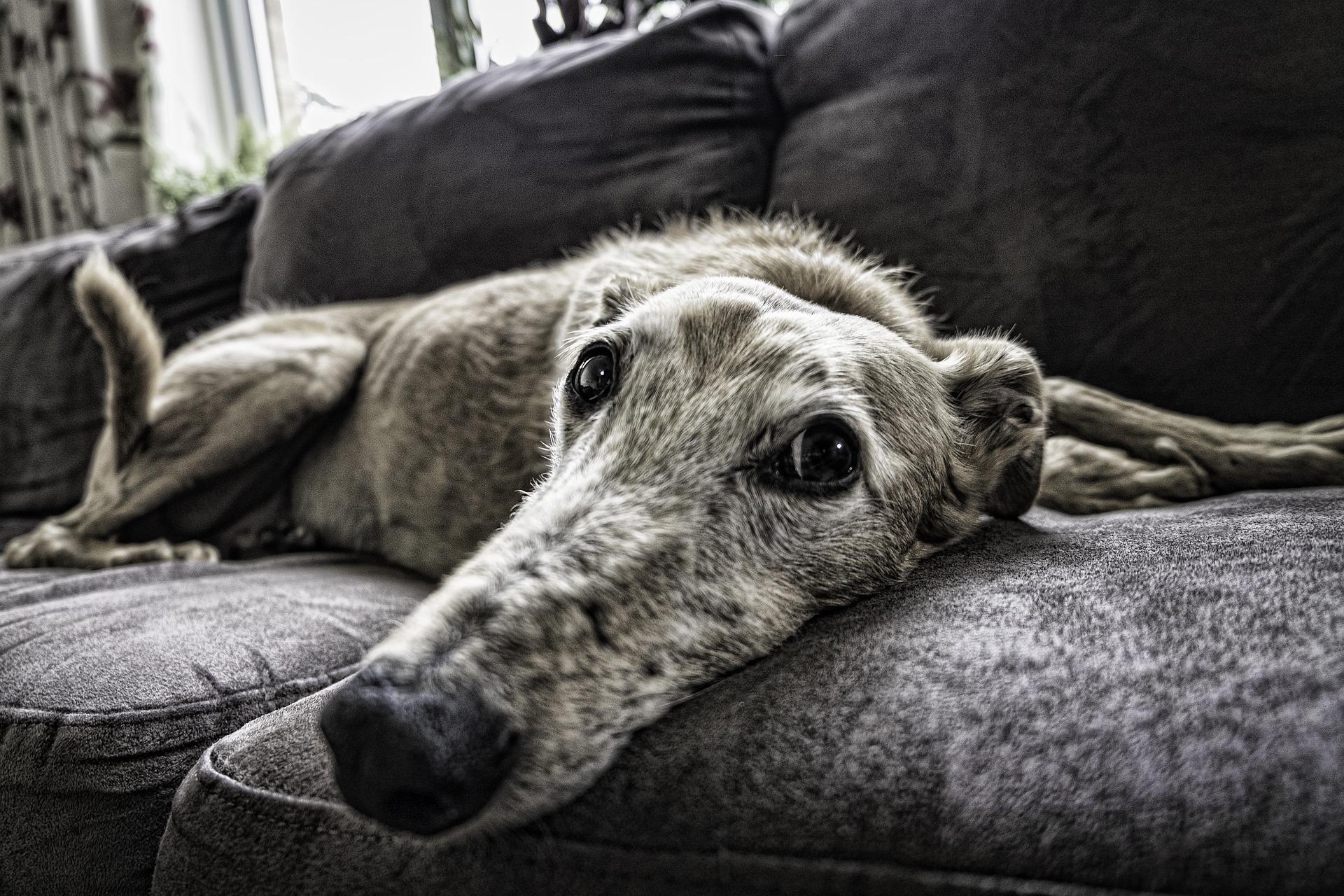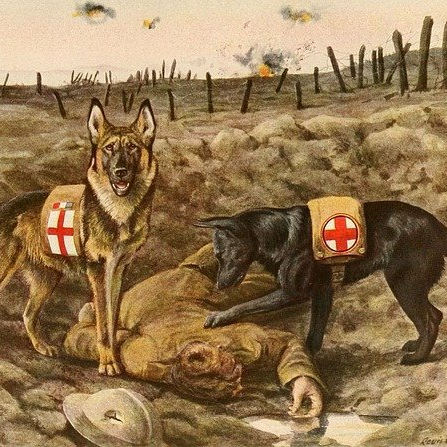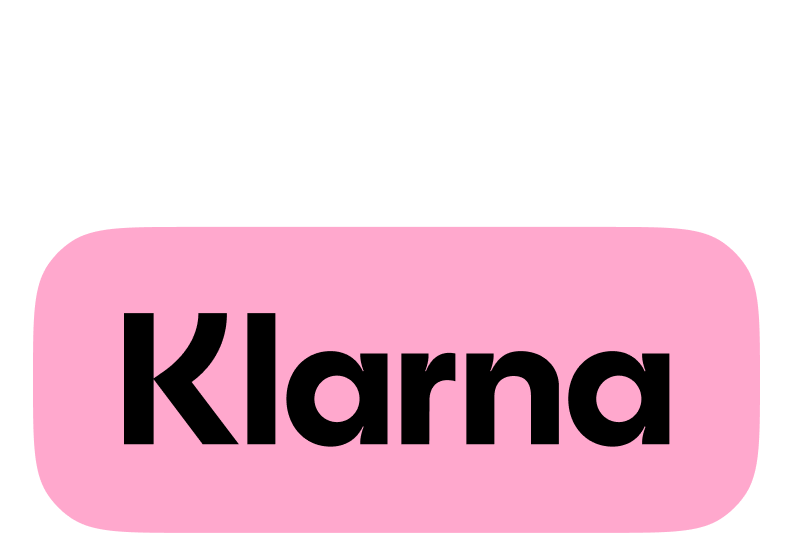Brachycephalic airway obstruction syndrome (BOAS)
Is your flat-faced dog struggling to breathe?
What is BOAS and why does it cause a problem?
BOAS sounds very complex but hopefully by the end of this blog you should have a good idea what it is, which dogs it affects and what to do if your dog is struggling with it. BOAS is very common with signs being seen in 46% of French bulldogs and 60% of pugs with many other flat faced breeds of both cats and dogs affected too.
Brachycephalic means ‘short snout’ and this
refers to any flat faced breeds such as pugs, bulldogs and boxers. BOAS can
affect any brachycephalic animal (including Persian cats and some breeds of rabbit, for example) but we
mainly see this in dogs. These animals have a shorter snout but the same amount
of tissue in their nose and mouth as a longer nosed dog.
Flat faced breeds have an especially long soft palate. The soft palate normally separates the nose from the mouth and stops food going up into the nose, but in BOAS, this long soft palate is sucked into the airway and blocks it every time the dog breathes. In most cases, they also have to breathe through their mouth because their nostrils are so small they cannot breathe through them normally. These are all things they are born with, but you may not see the noisy breathing straight away.
This all means that their airway is much smaller than a dog with a longer nose and it takes more effort to breathe. This will only get worse with time. When there is extra pressure in the airway the soft palate gets thicker, the tonsils swell and some sacs in the voice box, called laryngeal saccules, pop out and further block the airway.
Dogs
affected by BOAS will often have noisy breathing (this is usually the long soft
palate getting sucked down into the airway that you can hear) that often sounds
like snoring. This is almost always worse in dogs that are obese, too hot,
excited or exercising. They can also struggle to catch their breath, get very
tired quickly on walks and can even collapse (usually if hot or exercising).
These dogs also sometimes regurgitate food and water because of the extra
pressure in the chest. Sleeping can often be affected too, as afflicted dogs often cannot breathe with their mouths closed and so often continually wake up struggling for air.
Breed to Breatheis a newly started campaign to help vets, owners, breeders and the public work together to breed healthier animals without these breathing problems. However, there are still thousands of flat faced breeds in the UK. These all have a high risk of BOAS, so what can we do about it now?
If you have noticed your dog has noisy breathing and you are concerned that they are struggling to breathe then bring them in to us. We can then work out what treatment is most appropriate for your dog.
What can be done to help affected dogs?
There is some surgery that can be done to open up the airway and help them breathe easier. Depending on the needs of the dog the surgery can consist of any of the following:
- Opening up the nostrils - a little piece is taken out of the middle and then we stitch it back together to make a rounded, more normal nostril shape.
- Shortening the soft palate - we just cut the back of the soft palate back to where it should be so it no longer blocks the airway.
- Removing the laryngeal saccules or the tonsils if they are enlarged and blocking the airway.
Over the weeks following the surgery your dog should be able to exercise and breathe easier (and be much less noisy with their breathing!).
Unfortunately our flat faced dogs are born with this excess tissue in the airway so BOAS is a big risk. If you already have a flat faced dog there are some things you can do to make breathing the easiest it can be:
- Keep your dog at an ideal weight, if they are overweight the fat will make the airway even smaller than it already is
- Keep them cool - especially in hot weather!
- Exercise - ideally at an intensity that they can cope with regularly
What do I do if I really want to get a "flat-faced" dog?
If
you’re looking at getting one of these flat faced dogs, and you would not
consider any other type of dog, then going to a breeder that is working with
the Breed to Breathe campaign
, or getting a cross breed, is the best way
forward.
The most important step before getting a flat faced dog (or any animal
for that matter) is to educate yourself in the problems that the breed are
likely to face. So many owners of flat faced dogs are surprised when their dog
develops a common breed problem and the costs associated with it.
If you are still keen to get a brachycephalic dog, we suggest looking at the parents and look out for:
- Size of the nostril openings - are they wide an open or narrowed/closed?
- The presence of any "snorting" noises when breathing?
- Does the dog have to breathe with their mouth open, even at rest?
- Is the nose excessively short?
- What degree of skin folds are there around the nose/muzzle?
You are very welcome to come by the practice for advice before buying any animal so that you can provide them with the best life possible.
